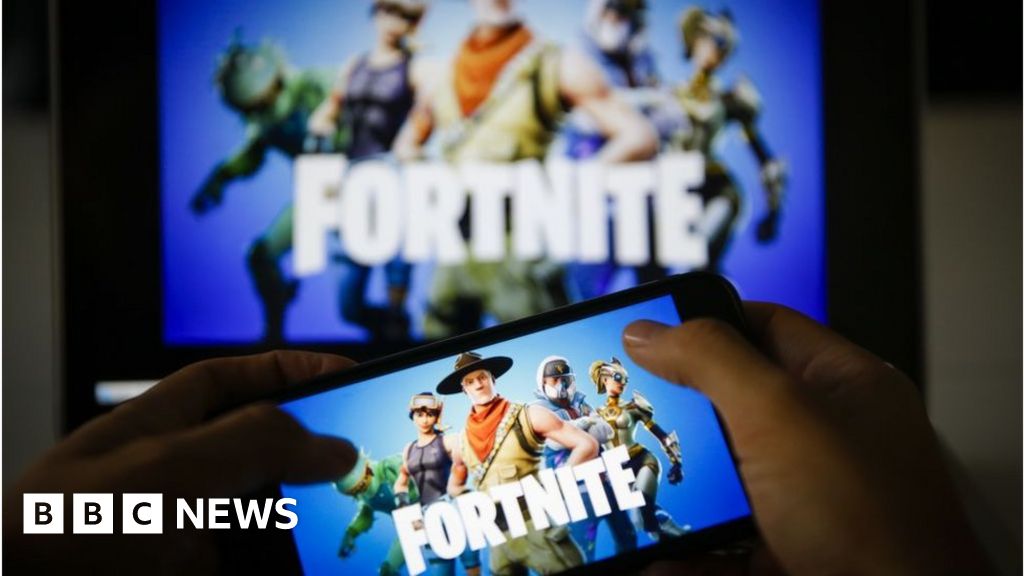Is this a really possibility? They would lose a lot of control if they did.
I suspect if they do, it'll go the way of notarization, and iOS will act like macOS if Gatekeeper could not be disabled or bypassed.
And I also suspect anything notarized wouldn't get access to specific APIs as a way to encourage people to stay in the App Store. I wouldn't be surprised if certain service-based APIs simply aren't accessible. i.e. If you aren't going to pay the tax to pay for something like MapKit, you don't get MapKit. Depends a lot on the balance between encouraging folks to stay in the App Store versus not giving ground to Google Maps or other competitors' libraries/SDK.
It all starts with the appellate court rejecting Epic's idiotic definition of market. The notion that you can define a single product (especially one that does not have a majority share of the market it competes in) as its own market would let you apply antitrust law to literally any and every product in any market. As to the California state law finding, that could wind up at SCOTUS with the argument being over whether the Interstate Commerce Clause allows one state to make a regulation like their anti-steering one. We'll see.
I think it's the weird state of a platform can create markets. But does that mean a specific platform
is a singular market? I'd be surprised if it is. Generally we talk about game console platforms in the plural. So long as Nintendo/Sony/MS aren't colluding, there is competition, and there's no right to have access to a specific platform by a developer.
The Apple/Google duopoly can also throw a wrench in the works here, but I'd imagine the same thing applies.
So, since Epic can’t benefit from the ban on anti-steering, because Epic won’t be on the store, under traditional legal principles the ruling would be improper. There may be some different wrinkle under anti-trust law, which isn’t my specialty. I’ll read the opinion later and see if I can figure out what’s going on; it may be as simple as the burden on appeal - only manifest errors are overturned on appeal.
This was partly my thought as well, since there's a wider implication (and if we assume the ruling just, public good) of the relief, even if Epic themselves can't benefit.
That said, there
are categories where a business cannot simply "deny service for any reason", which seems like it throws a bit of a wrench into things. Anti-trust and protected classes being the two big ones.

 9to5mac.com
9to5mac.com

 9to5mac.com
9to5mac.com

